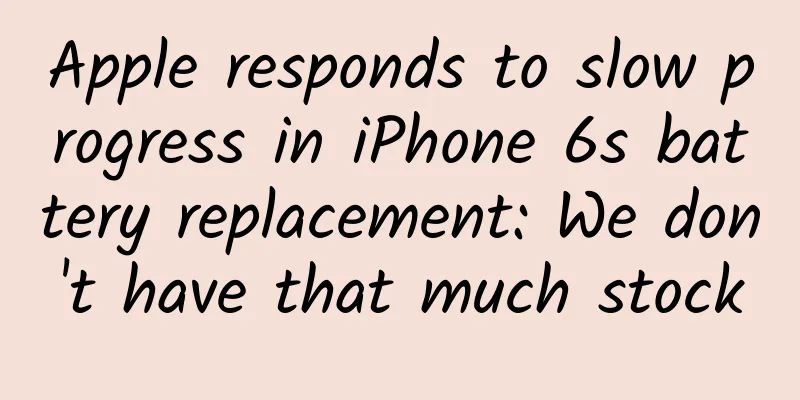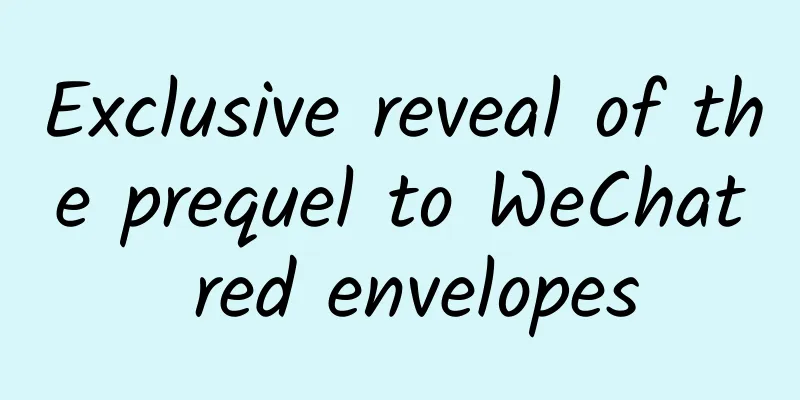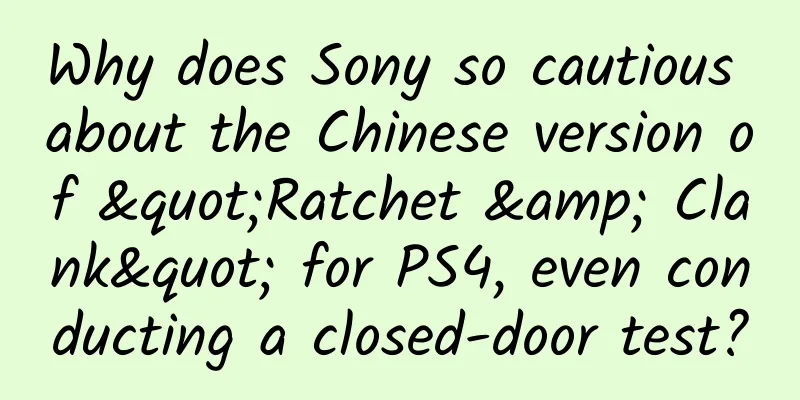Operators should use VoLTE to compete with WeChat Phonebook

|
Operators invest hundreds of billions of yuan every year to build networks and maintain infrastructure, while Internet companies set up servers and develop an application, and then they can easily dominate themselves. I have invested the most, but I can only be a pipeline, and the users are all controlled by Internet companies. How can such a good thing happen in the world? When WeChat’s OTT voice services exploded and began to impact traditional voice calls and text messages, operators strongly clamored to charge WeChat, which is understandable. On the other hand, because of the existence of “monopoly”, “free calls” cannot be used, and users are of course unhappy. Their logic is also completely convincing: you established the basic telecommunications service, we have paid for the data traffic, and how to use this data traffic is my problem. You can also do your own OTT service, but unfortunately, you have neither the ability nor the motivation. If you don’t do it seriously, you can only wait for others to subvert you. On the surface, everything is about profit. In fact, many people overlook that this is the natural result of the survival of the fittest in technological progress. Do you remember that a year ago, when China Mobile excitedly introduced how fast and awesome the 4G TDD-LTE network was, everyone ignored CFSB? To put it simply, China Mobile's initial 4G network was not a complete 4G. The data network was real 4G, but voice calls could only fall back to the 2G network. The voice technology that is truly adapted to 4G is VoLTE, which is the same as WeChat and Yixin in China, and Skype and WhatsApp abroad. They are all OverTheTop—an OTT service built on top of basic telecommunications services and does not require additional support from network operators. Some people may be confused. As both OTT services, WeChat is based on VoIP technology. Is VoLTE the 4G network version of VoIP? In fact, VoLTE is a voice service based on IMS (IP Multimedia Subsystem), not on traditional IP networks (such as the Internet). It is built on the operator's network, which means that the operator can provide a higher level of control and management for VoLTE. WeChat and WeChat Phonebook, like other OTT VoIP, are a superimposed VoIP technology that relies on the Internet to deliver data packets. The problem with VoIP is that the Internet delivers data packets with a consistent "best effort" attitude: directly send the data packets to the cloud, and the rest can only rely on prayer. In order to provide better service quality, VoLTE has made many improvements compared to VoIP. The specific technical content will not be detailed here. You can see the intuitive test results from foreign countries before. Nokia Communications Smart Labs has conducted tests and comparisons on OTT's VoIP and VoLTE services. The test results show that VoLTE has 40% better sound quality, 40% lower power consumption, 94% lower latency, and 50% less data traffic than VoIP. Moreover, VoLTE can achieve "never disconnected" service. It is obvious that operators can come up with OTT services that are much better than WeChat and that they can deeply control and improve, but why are they moving so slowly? Although VoLTE has many advantages, it also has many disadvantages. Complex deployment, lack of flexibility, complex billing, high construction costs, interoperability issues, etc. are all challenges faced by VoLTE. Operators need to spend a lot of manpower, material and financial resources to deploy VoLTE, and a lot of testing and optimization work must be done in the later stage to ensure and improve QoS (Quality-of-Service) standards. The huge investment in VoLTE can indeed significantly improve the quality of voice calls. Compared with the direct use of CFSB technology and the use of the previous 2G network at almost zero cost, the only sacrifice is the "stagnant" voice call quality. Since 4G is incomplete and voice calls are still in the 2G era, Internet companies have certainly seen the opportunity for VoIP OTT to replace 2G network voice calls, because the actual effects of the two are not much different, and the traffic cost of using VoIP calls is much lower than the operator's time-based billing. This is actually how the controversy came about. Under pressure, Internet companies were still secretive at first. WeChat was just a "walkie-talkie" for conversations, and WeChat calls were completely Internet calls. However, there was not much reaction from operators, which was in sharp contrast to the initial reaction. Why? Because China Mobile has already started to deploy VoLTE in the first quarter of this year, and real 4G voice calls have been rolled out on a large scale very quickly. At present, Internet companies' OTT services based on VoIP have not caused much impact on operators due to previous operator blockade and backward technology, poor call quality, and high requirements for network conditions. The slight loss caused by OTT services based on VoIP to operators was quickly compensated by the rapidly growing data traffic business. Operators have adopted relatively "backward" technologies to deal with voice problems. Although they have learned some lessons from their unwillingness to invest, they still have the initiative. As long as they can provide better voice services with reasonable rates and truly cater to the trend of future data integration, the challenge from Internet giants today to reduce operators to traffic pipeline providers is simply wishful thinking. As a winner of Toutiao's Qingyun Plan and Baijiahao's Bai+ Plan, the 2019 Baidu Digital Author of the Year, the Baijiahao's Most Popular Author in the Technology Field, the 2019 Sogou Technology and Culture Author, and the 2021 Baijiahao Quarterly Influential Creator, he has won many awards, including the 2013 Sohu Best Industry Media Person, the 2015 China New Media Entrepreneurship Competition Beijing Third Place, the 2015 Guangmang Experience Award, the 2015 China New Media Entrepreneurship Competition Finals Third Place, and the 2018 Baidu Dynamic Annual Powerful Celebrity. |
<<: In the era of full traffic, how do operators deal with OTT?
>>: Who will protect privacy rights in the era of wearable devices?
Recommend
Guangxi characteristic mineral crystal - pyromorphite
introduction In the international mineral crystal...
Panasonic asks Porsche for help to grab the high-end market, but Chinese home appliance companies are not buying it
The biggest puzzlement of a group of foreign bran...
How to use information flow advertising to increase APP downloads?
How to use information flow advertising to increa...
Why don't horses in the wild need horseshoes? Are horseshoes really a burden for horses?
Nowadays, young people like to watch the followin...
Sudden weight gain? It could be due to lack of sleep
Why do I gain weight even though I don’t feel lik...
Academician Zhong Kang: The evolutionary history of crop breeding: from wild domestication to intelligent design
Editor's note: General Secretary Xi Jinping p...
One picture to understand | Fly × 16! See the journey of Shenzhou flying into space
Produced by: People's Daily x Dongdongmiao...
How much does it cost to customize a marriage and love app in Bayinguoleng?
The factors affecting the quotation of customized...
Kuaisou is really here, how big is the space for smart hardware?
When we thought it was just a legend, we didn'...
What are the benefits of using mercury to make a liquid telescope?
Astronomical telescopes are the eyes of human bei...
6G is coming! 20 future industries will be laid out here!
Recently, Beijing released the "Beijing Impl...
MBP battery life collapses: Why does Apple resort to such tricks to cover up its shame?
Every system update is exciting, after all, every...
New direction for OTT boxes: born for movie fans
January 20 (Reporter Zhang Xiaodong) OTT box, whi...
The New Yorker: ChatGPT may consume more than 500,000 kWh of electricity per day
According to The New Yorker, OpenAI's popular...
How do operators build a data analysis framework?
Data analysis, as a core skill that operations pe...









